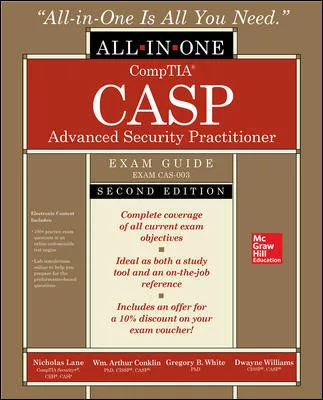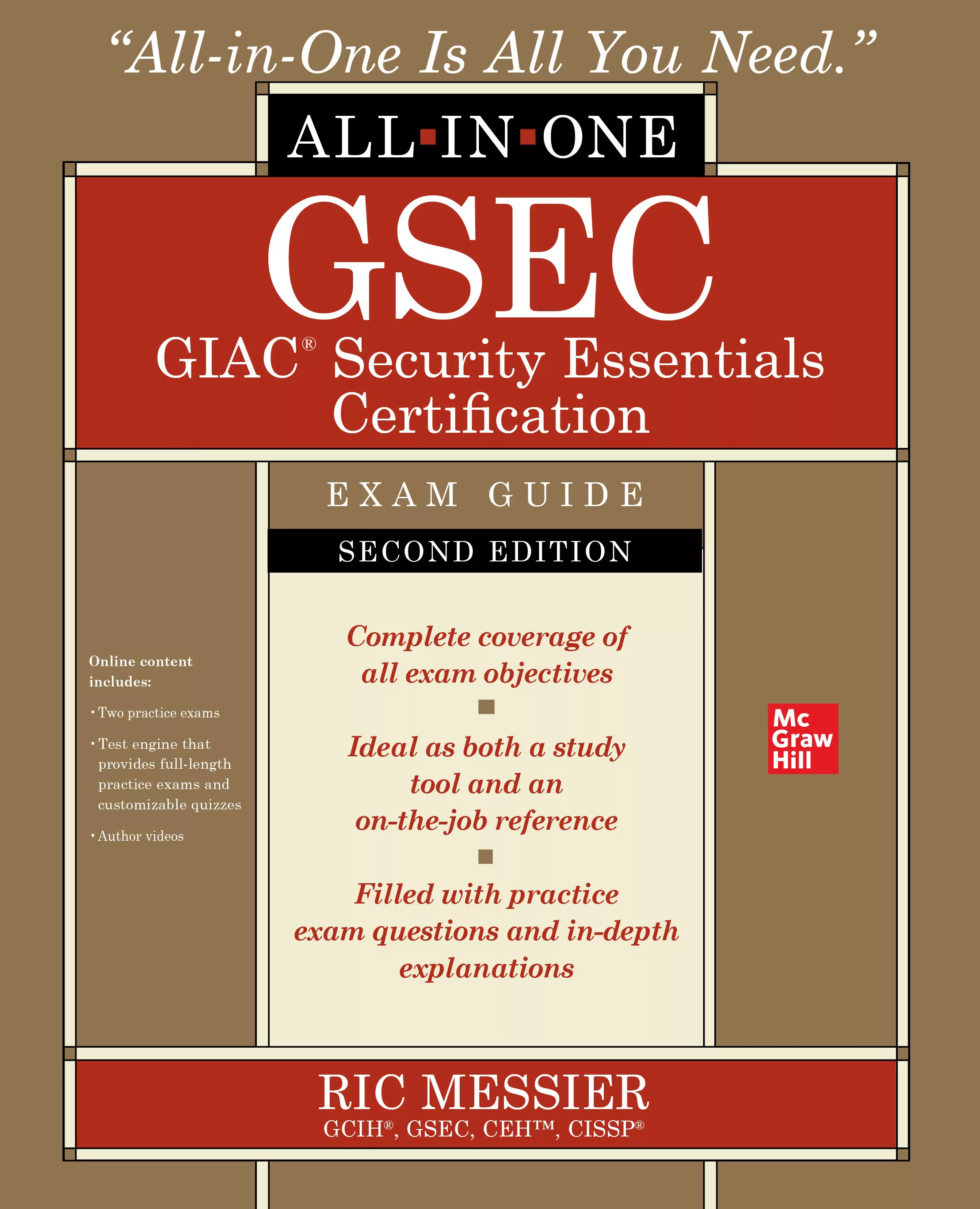Does Certification Make a Security Leader More Marketable?

While certification can be important, it is not always a deciding factor in hiring security professionals at an executive level. Annual job listings on Security Jobs Network that mention CPP certification as a job requirement is less than 5 percent.
The economic downturn has impacted the job market in every sector, including security. Data from Security Jobs Network Inc., an online database of professional-level security jobs, shows that there is a slowdown in security job postings. Fewer positions mean more competition, and many security leaders are examining their resumes to make themselves as attractive as possible to potential employers.
As they begin this exercise, one question often comes up: Does certification improve my marketability? Unfortunately there is no easy answer. Certification doesn’t necessarily show an employer that you have all the skills he or she is looking for. As an industry, we have done a poor job of realistically defining the various security job functions. Further complicating this is the arbitrary and capricious nature of security position descriptions, which often include requirements that have no relevance to the role they are recruiting for. This makes it more difficult for certifying agencies to identify which bodies of knowledge to measure.
As they begin this exercise, one question often comes up: Does certification improve my marketability? Unfortunately there is no easy answer. Certification doesn’t necessarily show an employer that you have all the skills he or she is looking for. As an industry, we have done a poor job of realistically defining the various security job functions. Further complicating this is the arbitrary and capricious nature of security position descriptions, which often include requirements that have no relevance to the role they are recruiting for. This makes it more difficult for certifying agencies to identify which bodies of knowledge to measure.
Does This Job Require Certification?
Recently, I asked Security Jobs Network to review 40,583 professional-level openings that were listed on their Web site from January 1999 through 2008 to see how many mentioned the CPP designation. I chose CPP because it is one of the older and most recognized designations in the industry, and because there was not enough data on other valuable and highly recognized designations like CISSP and CFE. So how did the marketplace respond?
As you can see, while the percentage of listings mentioning CPP has increased over the years, it still represents a tiny minority of job listings. There is no silver bullet when it comes to advancing your career. Most organizations seek to fill positions with qualified individuals who have a record of accomplishments in similar positions. In addition, organizations like to hire people who they believe will fit into the organization’s culture and who can best engage effectively with the managers and individuals with whom they will need to interact.
The world’s leading organizations don’t hinge their hiring decisions for “C” level executives on whether the candidates are certified in a particular field.
As you can see, while the percentage of listings mentioning CPP has increased over the years, it still represents a tiny minority of job listings. There is no silver bullet when it comes to advancing your career. Most organizations seek to fill positions with qualified individuals who have a record of accomplishments in similar positions. In addition, organizations like to hire people who they believe will fit into the organization’s culture and who can best engage effectively with the managers and individuals with whom they will need to interact.
The world’s leading organizations don’t hinge their hiring decisions for “C” level executives on whether the candidates are certified in a particular field.
The Purpose of Certification
In general, certifications are designed to measure someone’s knowledge in relatively narrow and specific practice areas. But security leadership requires much more than a working knowledge of security practice. A security leader is a visionary, someone who can drive strategy and who understands the levers of power in the corporation, and someone who can clearly articulate his or her vision. He or she must also exhibit the ability to produce results, lead people, delegate and develop employees. An organization won’t decide to hire such a person based on designations; the decision will rely on whether the candidate is confident during a multi-tiered interview process, and whether he or she can articulate past successes in a peer-to-peer tone.
All this is not to say that certifications are not useful. They can be valuable programs to advance the sector they represent. The most valuable certification programs that are integrated into recognized degree and/or certificate educational programs have specifically defined the body of knowledge they seek to measure; stay focused and up-to-date; measure knowledge in operational level positions; and are widely accepted by hiring organizations.
Our recommendation is to choose your educational and certification programs carefully. Ensure that they have clearly defined course material and test objectives that realistically measure relevant knowledge in a given practice area. For those candidates in the beginning or mid-point of their career, certifications can help set you apart from other candidates; however, no certification is an indication of your ability to lead a program at a senior level of management. Having a lot of initials following your name will not advance your career if you cannot demonstrate a record of accomplishments, maturity, competence and a wide range of interpersonal, non-technical skills.
All this is not to say that certifications are not useful. They can be valuable programs to advance the sector they represent. The most valuable certification programs that are integrated into recognized degree and/or certificate educational programs have specifically defined the body of knowledge they seek to measure; stay focused and up-to-date; measure knowledge in operational level positions; and are widely accepted by hiring organizations.
Our recommendation is to choose your educational and certification programs carefully. Ensure that they have clearly defined course material and test objectives that realistically measure relevant knowledge in a given practice area. For those candidates in the beginning or mid-point of their career, certifications can help set you apart from other candidates; however, no certification is an indication of your ability to lead a program at a senior level of management. Having a lot of initials following your name will not advance your career if you cannot demonstrate a record of accomplishments, maturity, competence and a wide range of interpersonal, non-technical skills.
Links
Looking for a reprint of this article?
From high-res PDFs to custom plaques, order your copy today!








